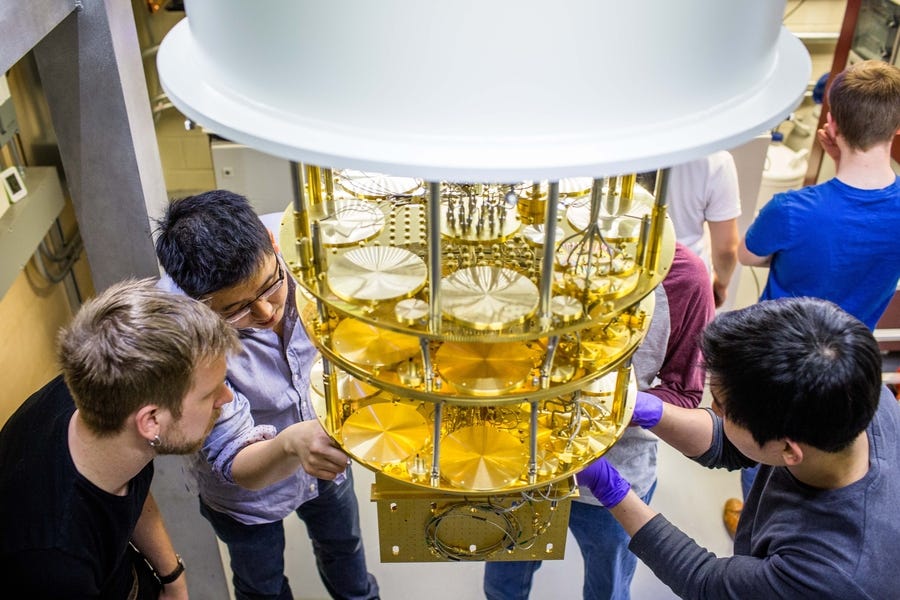Introducing Twist: A Language for Quantum Computing
Quantum Computing is accelerating in 2022 to a marked degree
The intersection of software languages and Quantum computing is rapidly approaching as the scalability for Quantum computing is accelerating in the 2020s.
Quantum computing. Unlike traditional computers that use bits, quantum computers use qubits to encode information as zeros or ones, or both at the same time. Quantum computing has experienced unpreced…
Keep reading with a 7-day free trial
Subscribe to AI Supremacy to keep reading this post and get 7 days of free access to the full post archives.



